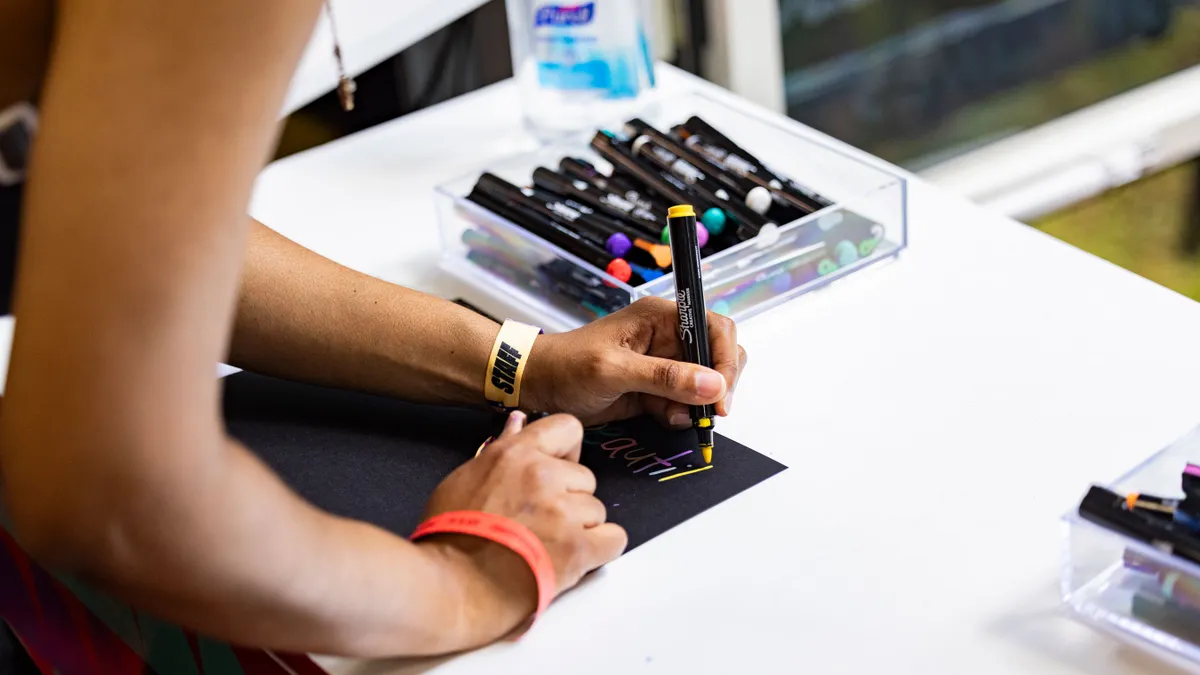Dive Brief:
- Newell Brands is accelerating its production and supplier supply chain shift out of China as it works proactively to avoid potential Section 301 tariff increases, President and CEO Chris Peterson said on a July Q2 earnings call.
- The consumer goods manufacturer is in-sourcing production to its existing network, particularly in the writing, baby and home business segments.
- The company is not signing any new suppliers that do "not have existing or defined plans to establish manufacturing capabilities outside of China," Peterson told investors.
Dive Insight:
Manufacturers have been evaluating their China supply chain exposure in recent months after the Biden administration announced plans to hike Section 301 tariffs on a variety of goods made in China.
Newell is the manufacturer behind roughly 30 popular brands including Sharpie, Graco, Rubbermaid, Coleman and Yankee Candle. The company currently sources 15% of its finished goods from China, Peterson said, and the company expects this exposure to drop to less than 10% by year's end.
"While we recognize this is an area of uncertainty, our exposure to China-based manufacturing is much lower today than it was previously," the CEO said. "We plan to stay agile and connected as the U.S. economic policy unfolds so that we take advantage of opportunities for growth while minimizing potential negative impact."
Once completed, Newell's supply chain exposure to China will be down by more than half compared to when the Trump administration raised tariffs in 2019, when the company sourced roughly 35% to 40% of its goods from the country.
Much of that exposure, Peterson said, is in the baby category, for which the company was able to get tariff exemptions for the majority of the products.
Peterson added that the company also has a number of product categories with "significant" U.S. and Mexico manufacturing capability, including writing, coolers and blenders. Newell operates a broad global manufacturing network, including factories in Kansas and Tennessee.
If tariff hikes are implemented, Peterson noted that the company may scale production quickly to add additional capacity if competitors with more China sourcing are priced out of the market.
"At the same time, if there are businesses that we get hit with tariffs in China, we'll have to react to those as well," Peterson said. "But I think our starting point is much more balanced today certainly than where we were three or four years ago.













